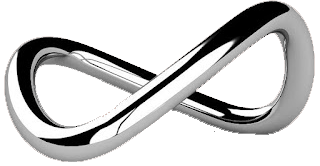. Mara Aranda to perform at the Synagogue as part of the Second Jewish Lorca Festival in the Region of Murcia
The ancient Jewish Quarter of the city of Lorca (Murcia) could be found within the castle walls, at the eastern of the fortress up until the 15th Century when the area was came under the jurisdiction of the Christian ‘reconquistadores’ and the castle and synagogue were subsequently abandoned.
This weekend sees a unique and historic event. Sephardic song will be heard again inside the synagogue for the first time in five centuries. The Judeo-Hispanic tradition will be brought alive by the by the voice of Mara Aranda, the New Voice of the Sepharad – the name given to the Iberian Peninsula by the Jewish community in ages past.
There are those historical researchers who maintain that three quarters of the Jewish population remained in Spain after the reconquest, as converts. If that is to be believed, then many modern Spaniards can surely trace their family lines back to their Jewish origins centuries ago. Perhaps for some this weekend’s performance will be a meeting with their own history.
Along for the ride and performing alongside Mara will be J Martinez, hurdy-gurdy expert and the owner of one the most extensive and important collections of mediaeval instruments in Spain, and indeed in Europe. Also performing with Mara will be Fernando Depiaggi on percussion and Aziz Samsaoui on the kanoun and the lyre. Aziz will be known to Mara’s fans for appearing on her latest album Sephardic Legacy; they have travelled extensively together, and this Saturday they will bring this Spehardic repertoire to the city of Lorca to finally put an end to five centuries of silence inside the synagogue walls. The music and the song will be given new life, carried on the winds over the Spanish plains, like a seed from the fertile lands of the Sepharad.
